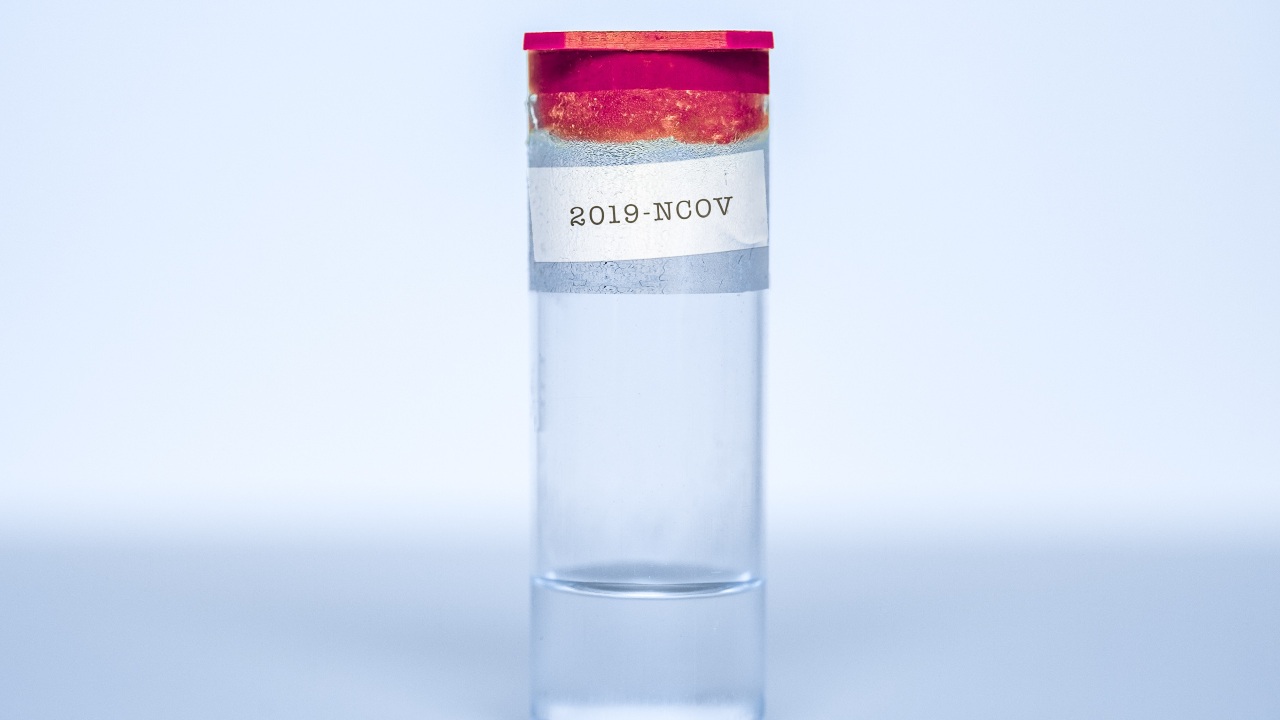It appears that a vaccine(s) is the only way to stop COVID-19 and return the world to some semblance of normalcy. As the race inches to a close, everybody is waiting for their turn to get the vaccine and go meet their friends for a cup of coffee. However, there are several scientific hurdles that still need to be surpassed: how effective would the vaccine be across demographics? For how long will the vaccine confer immunity? Will the virus mutate, rendering the vaccine ineffective? Even if we get a combination of vaccines that answers these questions, the capacity to produce, distribute and monitor adverse events related to the vaccine are going to limit an effective vaccine rollout. Hence, it is important India identifies the vaccine demand, invests in capacity and communicates with the public to enable a smooth immunisation programme.
Lessons from COVID-19 testing
India’s response to detecting the COVID-19 outbreak was reactive, not proactive. For weeks COVID-19 testing was limited to authorised government laboratories, and available conditional on pre-determined criteria. Instead of scaling up testing capacity and aggressively test and trace, the government took a cautious approach, most likely to protect scarce testing resources. However, a strategy to ramp up both kit manufacture and early inclusion of private laboratories could have helped India’s response in containing the spread of the virus. Consequent to that, price caps on testing and delayed reimbursement of private labs by governments have stalled the optimal use of an already existing capacity for testing. Such a reactive approach will not be prudent for the purpose of vaccination. India needs to be ambitious and must invest heavily in ramping up vaccine manufacturing if we want to turn this crisis into an opportunity for growth.
India as the World’s Biggest Vaccine Manufacturer
The world’s eyes are already on India as a major contributor to reliable vaccines. India can provide quality, low-cost vaccines not only for internal use but for global purposes. However, the vaccine requirements of both India and the world have changed. We are no longer looking at vaccinating relatively small demography– but likely 70-80 percent of the world’s population. For this, being the biggest manufacturer of vaccine is not going to be sufficient. Certainly, India has the technological expertise to ramp up manufacturing of vaccines, but the government needs to facilitate this scaling-up the process through regulatory and if necessary, financial interventions. An important facet to balance in this equation is making the vaccine available to Indians at an affordable price (ideally zero), while also catering to the global requirement. This is also an opportunity for India to strengthen strategic ties with partnering countries by providing COVID-19 vaccines at affordable rates. However, all these opportunities come at the cost of ramping up vaccine supply – a necessity India needs to address immediately. [caption id=“attachment_8806931” align=“alignnone” width=“1280”] Records of who has received the vaccine, lot number of the vaccine, scheduled for next dose and adverse effects, if any, will have to be maintained diligently. Image credit: CDC[/caption]
Universal Immunisation Programme
India also has considerable experience with distributing vaccines through the universal immunisation programme. While these channels for vaccine distribution exist, these are limited to delivering vaccines to expectant mothers and young children, roughly 80 million individuals. The COVID-19 vaccine has to be administered irrespective of demography and cold chain requirements will depend on which vaccine gets first approval. This is another gap that needs to be strengthened even as we wait for the vaccines to be approved. Sanford C. Bernstein reported that to cover 340 million people with two doses each, the Indian government will require almost three years. This timeline is unacceptable and measures to expedite vaccine production and delivery to 12 months are necessary. Various channels to aid distribution have been suggested – using the Election Commission, Aadhaar as an enabler, and strengthening the core UIP programme. COVID-19 vaccine distribution is going to be an unprecedented exercise, marrying the administrative capabilities of elections with the technical expertise of UIP and an additional challenge of post-marketing surveillance. Surveillance per se has become a notorious term in India; however, given the expedited nature of the COVID-19 vaccine trials, it will become a necessary attribute of the vaccination drive. Records of who has received the vaccine, lot number of the vaccine, scheduled for next dose and adverse effects, if any, will have to be maintained diligently. This will be particularly true when vaccinating those with co-morbid conditions to discover if pre-existing conditions impact the effectiveness of the vaccine. Hence, a national identifier with associated data will be required and is perhaps one of the few cases where benefits of databasing outweigh privacy risks.
The Vaccine Deployment Conundrum
All said and done, initial vaccine demand is going to be more than supply. Hence, vaccine deployment has to be phased, requiring prioritization of people who receive it. This will be complicated by the additional need to cater to foreign demands for the vaccine and competitive pricing for the vaccine in the global market. Hard decisions will have to be made on vaccine selection, manufacture and equitable distribution. While trying to identify effective solutions, the government also has to clearly communicate their final decisions to the public as early as possible. This will allow Indian citizens to take the necessary precautions as we wait for the vaccine to be supplied. It will also build public confidence that a plan has been thought of and they have been accounted for. The success of the vaccine drive will be determined by public faith in the government to distribute the vaccine equitably. To achieve this, public communication and ramping up vaccine supply and distribution are both going to be necessary. For now, being the world’s biggest manufacturer is not going to be enough. It is only the start. The author is a research fellow with Takshashila’s Technology and Policy programme. She tweets at @TheNaikMic.


)

)
)
)
)
)
)
)
)



